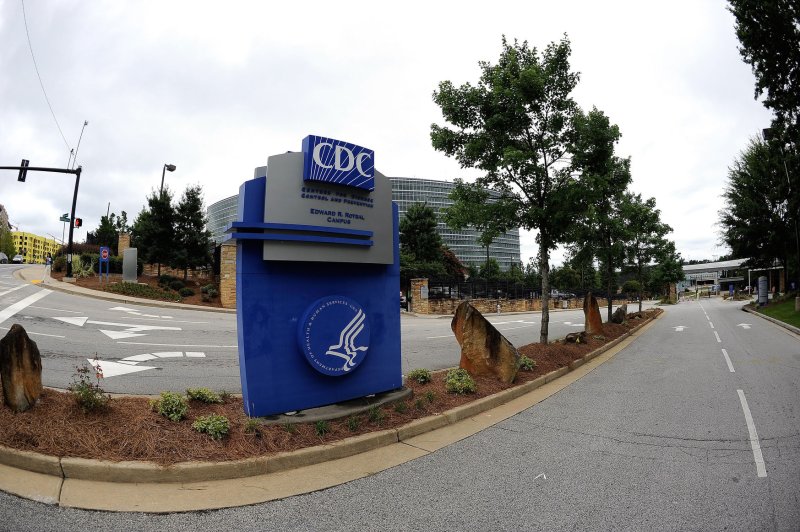Dec. 1 (UPI) -- An advisory committee to the Centers for Disease and Control and Prevention said Tuesday that healthcare workers, and workers and residents at nursing homes should be the first to receive a COVID-19 vaccine when one becomes available.
The Advisory Committee on Immunization Practices voted 13-1 in favor of prioritizing the groups, which also includes staffers and residents at other long-term care facilities.















